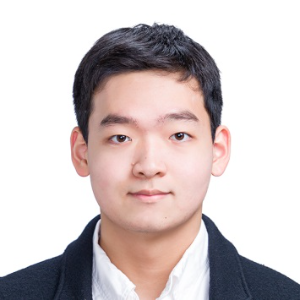Title : EEG power ratio between the frontal and temporal lobes is an accurate marker of frontotemporal dementia
Abstract:
Frontotemporal dementia (FTD) is the second most common form of presenile dementia; however, its diagnosis has been poorly investigated. Previous attempts to diagnose FTD using quantitative electroencephalography (qEEG) have yielded inconsistent results in both spectral and functional connectivity analyses. This study aimed to introduce an accurate qEEG marker that could be used to diagnose FTD and other neurological abnormalities. We used open-access EEG data from OpenNeuro to investigate the power ratio between the frontal and temporal lobes in the resting state of 23 patients with FTD and 29 healthy controls. Spectral data were extracted using a Fast Fourier Transform in the delta (1-4 Hz), theta (4–8 Hz), alpha (8–13 Hz), beta (13-32 Hz), and gamma (32-45 Hz) bands. The current study shows that the spectral power ratio between the frontal and temporal lobes is a promising qEEG marker of FTD. Frontal/temporal (F/T) theta/alpha showed the highest discrimination score for the diagnosis of FTD, while F/T alpha/theta and F/T beta/alpha showed relatively higher diagnostic accuracy in the precision-recall curve and positive predictive value, respectively. In addition, different parameters in the spectral power extraction did not influence these results, indicating the high consistency of such biomarkers. The results of the current study provide baseline evidence for future studies on the diagnosis of FTD and neurological abnormalities.




